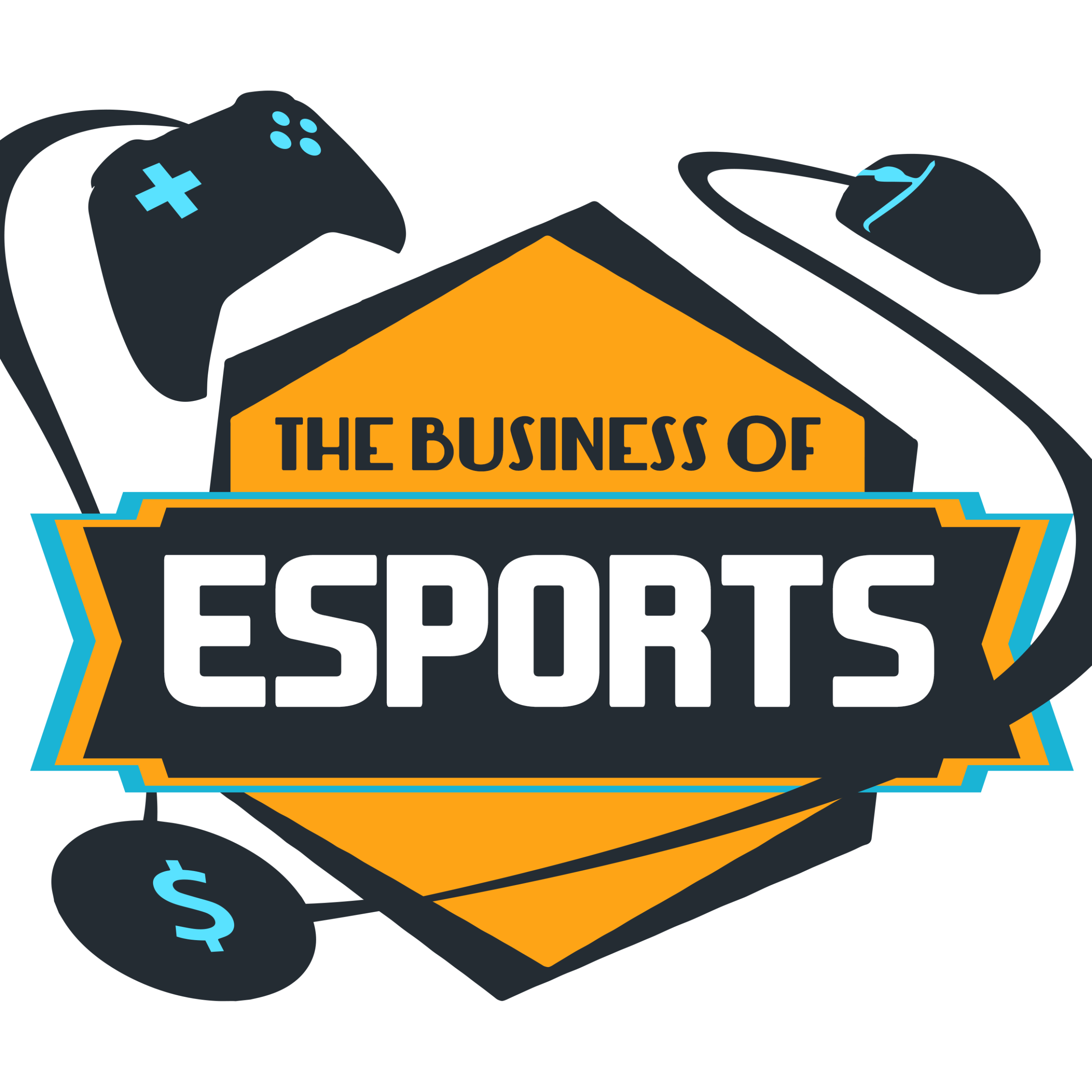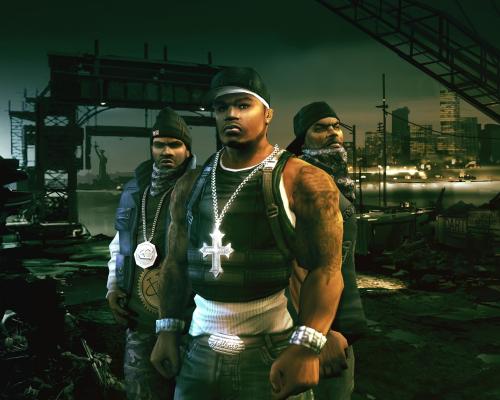
Esports isn’t just a hobby anymore—it’s a global industry. From packed stadiums to million-dollar prize pools, competitive gaming now rivals traditional sports in scale, viewership, and financial impact.
Whether you’re a gamer, investor, or entrepreneur, understanding how esports evolved—and where it’s headed—is key to tapping into this digital gold rush.
What Are Esports?
Esports refers to organized competitive video gaming. Players or teams compete in tournaments across various titles, often streamed live to massive audiences.
Popular games include:
- League of Legends
- Counter-Strike: Global Offensive
- Dota 2
- Fortnite
- Valorant
- Call of Duty
Unlike casual gaming, esports involves professional players, sponsorships, coaching staff, and contracts.
The Numbers: Just How Big Is Esports?
As of 2024:
- Global esports revenue: $1.6+ billion
- Annual prize pools: Dota 2’s The International alone exceeds $40 million
- Viewership: League of Legends Worlds peaked at 100+ million viewers
- Average player salaries (top-tier): $50,000–$500,000+ annually
- Top streamers & influencers earn millions through content and endorsements
Esports is now a serious career path and investment vehicle.
Revenue Streams in Esports
1. Sponsorships
Major brands (Red Bull, Intel, Nike, Monster Energy) fund teams and events.
2. Advertising
Streamed events feature targeted ads and brand placement.
3. Media Rights
Platforms like Twitch, YouTube, and now Kick bid for broadcasting rights.
4. Merchandise
Teams sell branded apparel, gaming gear, and collectibles.
5. Ticket Sales & Live Events
Packed stadiums in Seoul, Berlin, or Los Angeles host fans like traditional sports.
6. Game Publisher Support
Studios like Riot and Valve fund and regulate their own competitive ecosystems.
Teams, Franchising, and Leagues
Top-tier organizations resemble sports teams:
- Team Liquid
- Fnatic
- G2 Esports
- T1
- 100 Thieves
Some leagues (like the Overwatch League) use franchising models—teams buy in for millions and operate regionally.
This structure offers stability, fan loyalty, and long-term investment potential.
Esports Careers Beyond Playing
Not everyone becomes a pro gamer. The industry also needs:
- Casters (commentators)
- Coaches and analysts
- Team managers
- Event organizers
- Social media & content teams
- Sponsorship agents
And of course, developers, lawyers, and marketers who understand gaming culture.
How Education Is Embracing Esports
- High schools and universities now offer esports programs and scholarships
- College leagues (e.g., NACE) mimic NCAA systems
- Courses in esports business, broadcasting, and marketing are emerging globally
Gaming is no longer a distraction—it’s a career foundation.
Esports and Streaming: A Symbiotic Relationship
Most esports growth is fueled by platforms like:
- Twitch
- YouTube Gaming
- Kick
- TikTok Live
Top players double as influencers, streaming casual content between tournaments.
This hybrid model builds brand, community, and sponsorship appeal.
The Globalization of Esports
Esports is truly international:
- South Korea: pioneers in StarCraft and League
- China: massive infrastructure and mobile-first audience
- Europe: dominant in shooters and MOBAs
- North America: content-driven and sponsor-heavy
- Brazil, Southeast Asia, MENA: rapidly growing mobile esports scenes
Each region brings different strengths—and market opportunities.
Challenges in the Esports Industry
- Burnout – Pro players often retire before 25
- Sustainability – Some orgs overspend chasing growth
- Diversity – Women and marginalized communities still face barriers
- Regulation – No global governing body, inconsistent standards
- Monetization – Many teams still struggle to turn consistent profit
Despite the hype, success requires strategic thinking, not just passion.
Final Thoughts
Esports is more than entertainment—it’s a fast-moving, global business.
With players, fans, and investors growing daily, the space will only expand. Whether you’re competing, creating, or investing, now is the time to understand how this industry works—and where you can fit into it.
The digital stadium is open. The spotlight is on.







